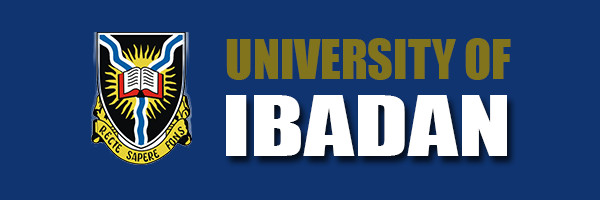ABSTRACT OF PROFESSOR A. C. ODEBODE INAUGURAL LECTURE
PROFESSOR A. C. ODEBODE INAUGURAL LECTURE
UNIVERSITY INAUGURAL LECTURE- 2015/2016 SESSION
Proposed Date of Lecture: 30 June, 2016
Venue: Trenchard Hall, University of Ibadan
Time: 5. 00 p.m. prompt
Lecture Title: Integrated Plant Disease Management: A Panacea for Food Insecurity
Name of Lecturer: Professor A. C. Odebode
ABSTRACT
Plant diseases come about as a result of certain disturbances in the normal life process of plant. A plant generally becomes diseased when it is continuously disturbed by some agent(s) that result(s) in an abnormal physiological process which disrupts the plant’s normal structure, growth function, and other activities. It is interference in one or more of a plant’s essential physiological or biochemical systems giving rise to characteristic pathological conditions in the plant. Plant diseases have caused severe losses to human in several ways. Families have been uprooted and displaced as a result of starvation due to famine ccasioned by a huge loss of crops as a result of plant diseases. Plant diseases have also been severally documented to reduce the production and quality of food, fibres and biofuel crops.
Many attempts have been made by researchers across the globe to stop the menace of plant diseases. Some of the methods that have been employed in controlling various plant pathogens include; Physical, Chemical, Biological and Cultural controls. The potential of single control methods to significantly reduced pest or disease population as always being limited. It is a documented fact that no single disease control method can guarantee food security and safety. Therefore, integrated disease management (IDM) approach holds the most effective promise in that it combines most available disease control methods by the most economical means with minimal possible hazards to life and environment.
The lecturer gave the findings on researches that have been carried out on management of plant diseases such as root rots, postharvest rots, fruit rots and physiological/ agronomic improvement of crops by using different non-chemical methods in the management of plant diseases. The lecturer discussed this findings on disease management by mycorrhizae, antagonistic microorganism, phytofungicide/ botanicals, host resistance, soil amendment and natural defence mechanism singly and in combination which has been successfully applied in the management of plant diseases. The lecturer submitted that better management or control of plant diseases were obtained when two or more management methods were adopted. He concluded that the task of global food security may be herculean if more attention is not focused on integrated management in the control of plant diseases of economic importance.
